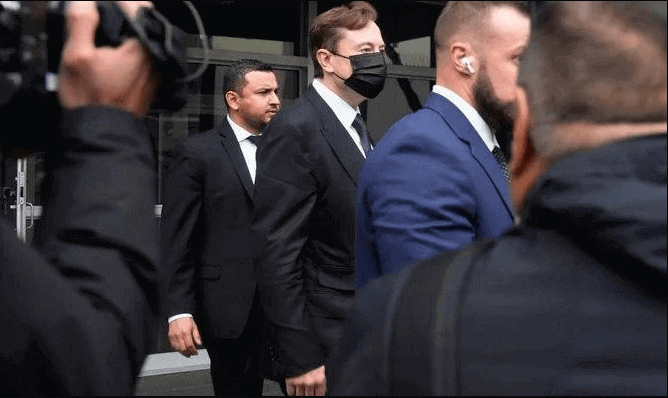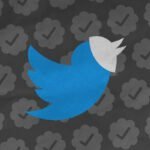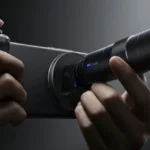SAN FRANCISCO: A little respite for Elon Musk, plagued by turmoil in his businesses: a California jury declared him not guilty of fraud on Friday for his tweets claiming in 2018 that he was going to take Tesla out of the stock market.
The jurors quickly reached this verdict Friday after three weeks of a trial triggered by the complaint of investors who felt they had been harmed by the messages of the multi-entrepreneur.
The latter had surprised the markets on August 7, 2018, by saying on Twitter that he wanted to withdraw his automotive group from Wall Street at a price of 420 dollars per share, or 23% more than the closing price the day before, then by ensuring that the funding was “secured”.
The stock surged, ending up 11% on the day, before declining in the following days.
Investors then betting on a drop in the action, “short-sellers”, believed that Elon Musk had broken stock market laws by presenting misleading information that pushed the action up, and demanded compensation.
The judge in charge of the case, Edward Chen, had already concluded that the tweets were indeed misleading and that the entrepreneur had acted “irresponsibly”.
Jurors had to decide whether the tweets artificially inflated the action and, if so, how much that may have affected the plaintiffs.
They also then had to determine whether members of Tesla’s board of directors could be held responsible.
By answering the first questions in the negative, the jurors quickly exonerated Elon Musk and Tesla.
“Thank God for the wisdom of the people prevailed!” reacted the boss on Twitter. “I am deeply grateful to the jury for finding my innocence unanimously” in this case, he added.
For Dan Ives, of the Wedbush cabinet, this decision “dispels one of the shadows hanging over Tesla”.
The electric vehicle maker did post record profits in 2022. But given the economic situation, some investors doubt the strength of demand for its high-priced cars in an increasingly competitive market.
Elon Musk must also manage a complicated situation at Twitter, which he has taken in turmoil since he became the owner at the end of October by laying off more than half of the employees or by making controversial decisions such as the return of suspended Internet users. by the previous leadership, including Donald Trump.
At the helm at the start of the trial for three days, the multi-billionaire had assured that he had “never” sought to deceive investors. He really thought he had access to enough money following a meeting with the Saudi sovereign wealth fund, he said, pointing out that he could also have sold shares of his other flagship, SpaceX.
However, Tesla quickly abandoned the idea of delisting.
The American stock market policeman, the SEC, believing that the boss had not provided proof of his financing, forced him to cede the chairmanship of the board of directors, pay a fine of 20 million dollars, and subsequently demanded that his tweets directly related to the activity of Tesla are pre-cleared by a competent lawyer.
On Friday, during his final argument, plaintiffs’ lawyer Nicholas Porritt tried to argue that Elon Musk could not with impunity advance erroneous information that could influence investors.
The rules of the financial markets are there to ensure that “everyone respects the same standards”, including the billionaires, underlined the lawyer. “Do the rules apply to everyone or can Elon Musk do what he wants and not face the consequences?”
The boss’s lawyer, Alex Spiro, had for his part admitted that writing “secure financing” was “technically inaccurate”.
But funding “was never the problem”, he repeated several times. “Just because it’s a bad tweet doesn’t make it a fraud.”










